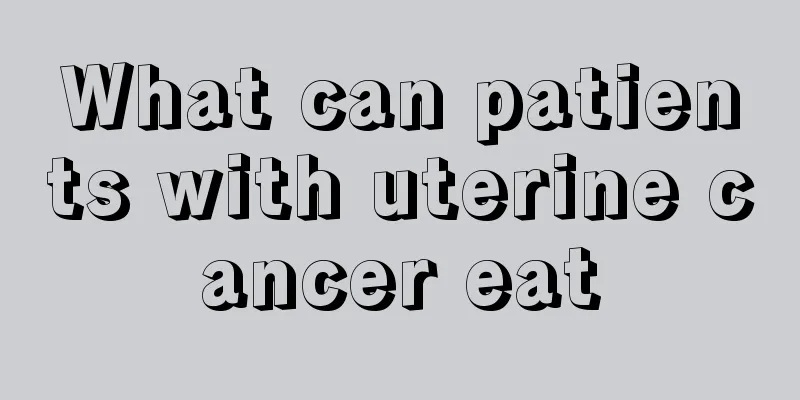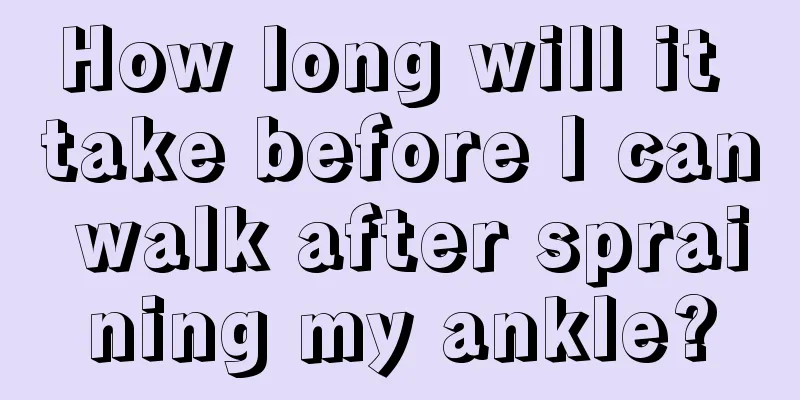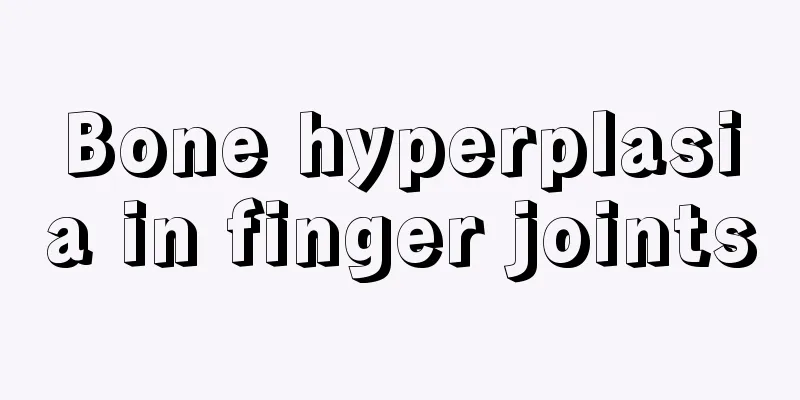How to treat spinal stenosis?

|
Spinal problems always concern millions of people, because spinal problems are very common in life, but they have a great impact on the patients' lives and can have a great impact on patients. For example, spinal stenosis is a very influential spinal disease, which is extremely painful for patients. This disease has the greatest impact on the body's nerves and can cause various neurological problems in patients. Let’s take a look at how to treat spinal stenosis. Spinal stenosis is a type of disease caused by various reasons that lead to shortening of the spinal canal diameters, compression of the dura mater sac, spinal cord or nerve roots, leading to a series of neurological dysfunctions such as pain, numbness, limb weakness, lameness, and urinary and bowel disorders. Spinal stenosis is divided into cervical spinal stenosis, thoracic spinal stenosis and lumbar spinal stenosis according to the location of the stenosis. Based on the cause, it is mainly divided into congenital spinal stenosis and acquired spinal stenosis. Surgical treatment: (1) Cervical spinal stenosis ① Anterior approach surgery: such as anterior cervical corpectomy with titanium cage placement, anterior cervical disc removal and intervertebral spinal canal decompression. ②Posterior approach surgery: minimally invasive posterior cervical disc decompression surgery, posterior cervical microscopic decompression and fusion surgery, and posterior cervical laminoplasty. (2) Thoracic spinal stenosis: 360° circular decompression via the posterior approach and titanium cage placement via lateral thoracic corpectomy and spinal canal decompression. (3) Lumbar spinal stenosis ① Anterior and lateral approaches: anterior lumbar interbody fusion, vertical lateral spinal canal decompression interbody fusion, extreme lateral spinal canal decompression interbody fusion. ② Posterior approach surgery: percutaneous minimally invasive transforaminal endoscopic spinal decompression, percutaneous minimally invasive posterior decompression and pedicle screw fixation, transdiscectomy lumbar spinal decompression, posterior lumbar transforaminal decompression and vertebral fusion, posterolateral lumbar decompression and fusion, posterior lumbar lumbar intervertebral fusion. Postoperative precautions (1) After surgery, the patient should wear a neck brace and waist guard for 4-6 weeks. When turning over, the spine should be kept as one and the patient should turn over in the axial position. Avoid excessive movement that may loosen the implant. (2) After surgery, strengthen limb activities to prevent nerve root adhesion and recurrence of pain. (3) Closely observe the movement of the limbs and the improvement of paresthesia. If the patient experiences worsening lower limb pain, hormone and neurotrophic treatments may be used. Limb pain can be treated with nonsteroidal anti-inflammatory drugs. |
<<: What should I do if dizziness is caused by the spine?
>>: What are the side effects of spinal anesthesia?
Recommend
Tips for preventing nasopharyngeal cancer
Nasopharyngeal carcinoma has become a major kille...
In life, we should always be on guard against the causes of colorectal cancer
Colorectal cancer occurs frequently in life. Once...
The role of ether
Ether is a relatively common organic solvent and ...
Preoperative and postoperative nursing diagnosis for colorectal cancer
What are the preoperative and postoperative nursi...
How to remove stains from shirts?
We often get stains on our bodies accidentally. S...
Three effective Chinese medicine prescriptions for colon cancer
Colon cancer is a common and highly prevalent mal...
Can cervical lymphadenopathy be cured?
Cervical lymph tuberculosis is a very common neck...
What is scraped out by scraping
What is scraped out by scraping is the sha poison...
What are the solutions to refrigerator ice blockage
Refrigerators are electrical appliances that ever...
Why do my hands itch in the middle of the night?
Itchy hands are a common symptom, and this sympto...
Can the elderly do sweat steaming?
In modern life, people's awareness of physica...
How to cure leg pain the fastest and most effectively
Many diseases have different symptoms, and some d...
How to eat breakfast, eat healthy and nutritious
Arranging breakfast reasonably and having a rich ...
How to diagnose gastric cancer
The diagnosis of gastric cancer needs to be confi...
Can I exercise in the early stages of bone cancer?
Bone tumors are divided into primary bone cancer ...









